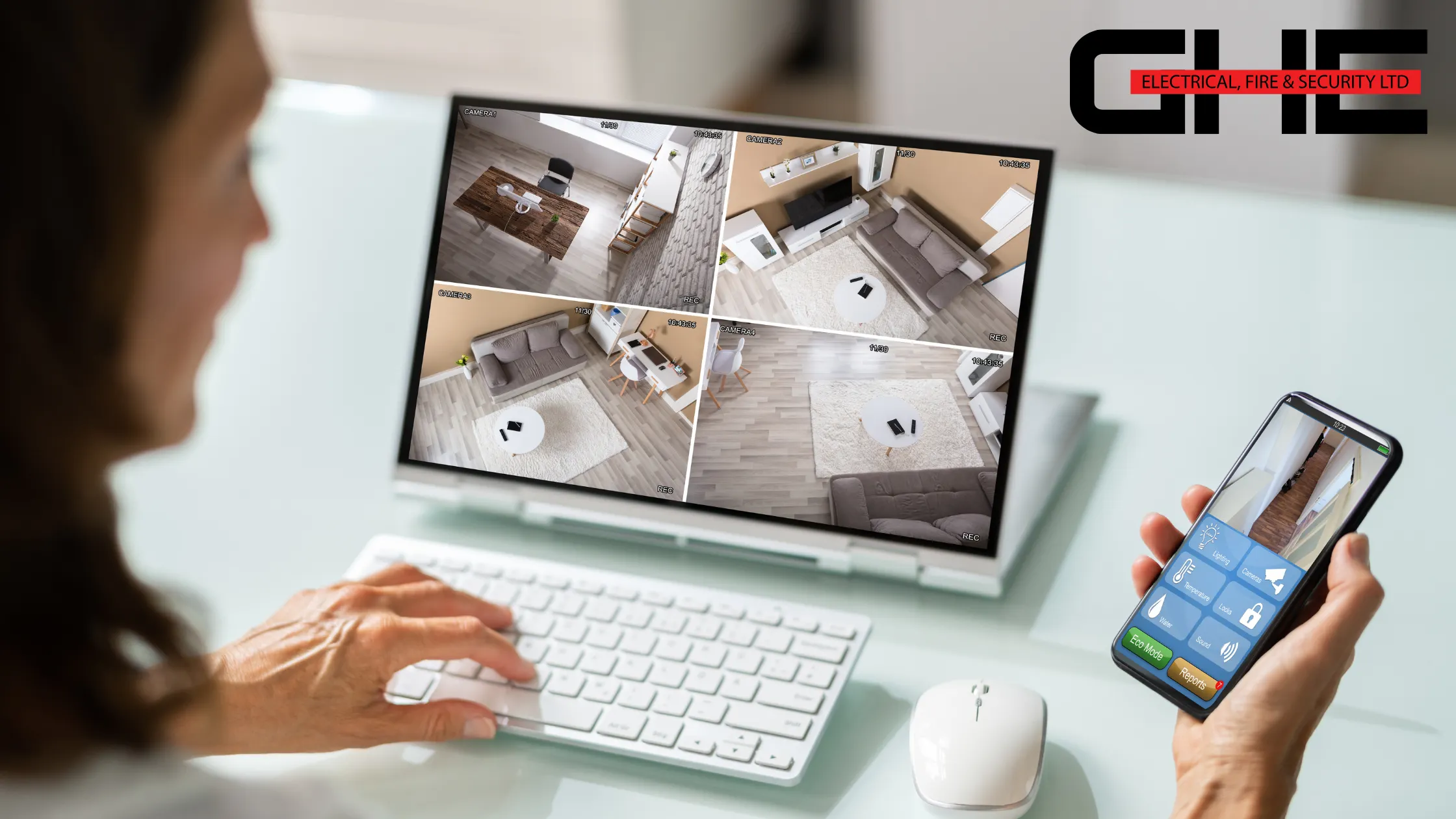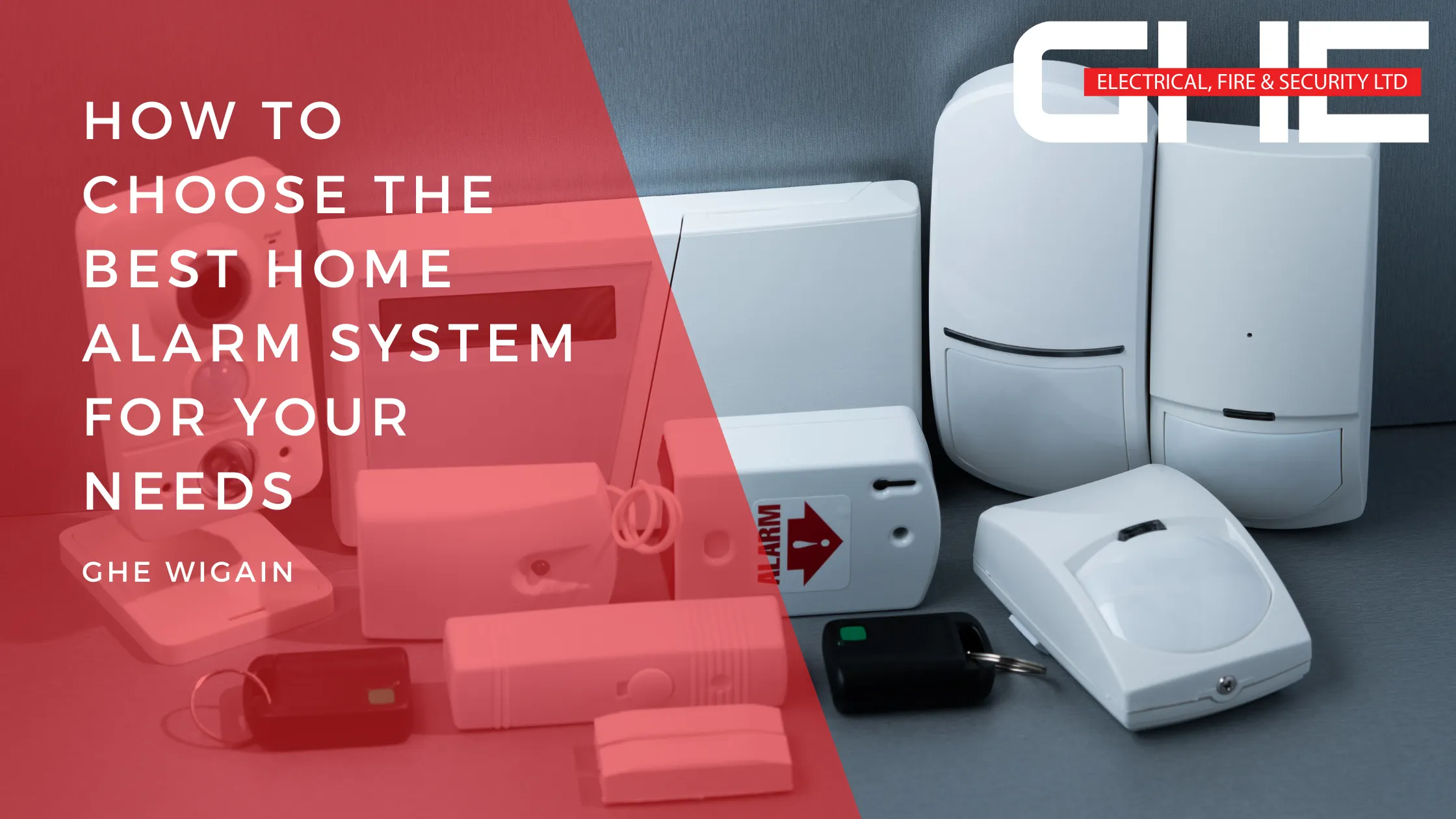Residential CCTV Installation: Enhancing Your Home's Security and Peace of Mind

In today’s world, home security is more important than ever. With the increase in smart technology and accessible security systems, more UK homeowners are investing in residential CCTV installation to keep their homes, families, and belongings safe. But what exactly are the benefits of having CCTV at home, and how can you make the most of this technology?
In this blog, we’ll explore everything you need to know about residential CCTV installation, including its advantages, tips for setting up an effective system, and why it’s worth considering for your property.
Why Install CCTV in Your Home?
Residential CCTV systems provide a wide range of benefits that go beyond just deterring intruders. Let’s take a look at some of the primary advantages:
- Deterrence Against Crime: Visible CCTV cameras are a significant deterrent for potential intruders. Criminals are far less likely to target a home equipped with security cameras, as the risk of being caught on film is high.
- 24/7 Monitoring: With CCTV, you can monitor your property at any time of the day or night. Many systems offer high-definition footage, even in low-light conditions, ensuring you have clear visibility of your surroundings.
- Remote Access: Modern CCTV systems allow homeowners to access live footage from anywhere via a smartphone, tablet, or computer. This feature is particularly useful when you're away from home, as you can check in on your property at any time.
- Evidence Collection: In the unfortunate event of a break-in or vandalism, CCTV footage can provide crucial evidence for the police. High-quality footage makes it easier to identify suspects and potentially recover stolen property.
- Increased Peace of Mind: Knowing your home is protected with a reliable CCTV system can significantly reduce anxiety about home security, allowing you to feel more comfortable whether you’re home or away.
Types of Residential CCTV Systems
When it comes to residential CCTV, there are several types of systems to choose from. Each has its own features and benefits, so it’s essential to find one that best meets your home’s unique needs.
- Wired CCTV Systems: Wired systems are reliable and provide a stable connection without relying on Wi-Fi. They’re ideal for larger homes or properties that need extensive camera coverage. However, wired installations require more setup and can be difficult to adjust once installed.
- Wireless CCTV Systems: Wireless systems are easier to install and offer more flexibility in terms of camera placement. They rely on Wi-Fi for connectivity, making them suitable for smaller homes or rental properties where permanent installations may not be feasible.
- IP CCTV Systems: Internet Protocol (IP) cameras are digital and connect directly to your internet. They offer high-definition footage, remote access, and easy scalability, making them a popular choice for homeowners looking for advanced features.
- Smart CCTV Systems: These systems integrate with smart home technology, allowing you to control your cameras, view footage, and receive alerts through your smart home app. This type of system is ideal for tech-savvy homeowners who want full control and customisation.
- Outdoor vs. Indoor CCTV Cameras: Outdoor cameras are designed to withstand the elements and provide surveillance for your property’s exterior. Indoor cameras monitor inside the home, helping keep an eye on activities within.
Key Features to Look for in a Home CCTV System
When choosing a CCTV system for your home, there are several important features to consider. Here’s what to look for:
- High-Definition Video Quality: Opt for cameras that offer at least 1080p resolution. Higher quality footage allows you to identify faces, number plates, and other details, which can be crucial for evidence collection.
- Night Vision: Since most break-ins happen after dark, night vision is essential for home CCTV. Many modern cameras use infrared or low-light technology to provide clear footage, even in complete darkness.
- Motion Detection: Motion-activated cameras help save storage and make it easier to review footage. They start recording only when movement is detected, allowing you to focus on important events rather than hours of empty footage.
- Two-Way Audio: Some systems come with two-way audio, allowing you to hear and speak through the camera. This feature is useful for communicating with family members or deterring potential intruders when you’re not at home.
- Remote Access: Ensure your system allows for remote access so you can view live footage and control your cameras from your smartphone or computer. This feature gives you added flexibility and peace of mind, especially when travelling.
- Cloud Storage or Local Storage: Choose between cloud storage (storing footage online) and local storage (using a DVR or NVR). Cloud storage allows you to access footage from anywhere, while local storage gives you complete control over your data.
Tips for Effective Residential CCTV Installation
For your CCTV system to be truly effective, proper installation is crucial. Here are some key tips to maximise your home security:
- Position Cameras Strategically: Place cameras at entry points such as doors, windows, and garages. Ensure outdoor cameras cover areas like the driveway, backyard, and any other vulnerable spots.
- Mount Cameras at an Appropriate Height: Position cameras high enough to avoid tampering, but not so high that they can’t capture faces and details. Around 8 to 10 feet from the ground is generally ideal.
- Consider Lighting Conditions: Avoid pointing cameras directly into the sun, as this can cause glare and reduce visibility. In areas without adequate lighting, consider adding motion-activated lights to improve night-time footage quality.
- Secure Your Wi-Fi Network: For wireless or IP cameras, securing your Wi-Fi network is essential. Use strong passwords and enable network encryption to prevent unauthorised access to your camera feeds.
- Regularly Test and Maintain Your System: Test your cameras periodically to ensure they’re capturing footage correctly. Keep lenses clean and check connections to ensure your system remains functional.
Professional vs. DIY Installation
While some homeowners may choose to install CCTV systems themselves, professional installation offers several benefits, particularly if you’re setting up a more complex wired or IP system. A professional installer can:
- Provide Expert Advice: An installer can assess your property, recommend the best camera placements, and choose a system that meets your needs.
- Ensure Correct Setup: Professional installation ensures that wiring, positioning, and setup are done correctly, reducing the risk of blind spots or connectivity issues.
- Offer Maintenance and Support: Most installers provide ongoing support and maintenance, ensuring your system remains in good working order year-round.
Common Misconceptions About Residential CCTV
Let’s clear up a few myths surrounding home CCTV:
- Myth #1: CCTV Systems Are Only for Large Properties: CCTV is beneficial for properties of all sizes, whether you live in a city apartment or a suburban home. A few strategically placed cameras can provide peace of mind, regardless of property size.
- Myth #2: CCTV Is Too Expensive: Residential CCTV systems are now more affordable than ever, with options to suit a range of budgets. From basic systems to advanced smart security, there’s an option for every homeowner.
- Myth #3: It’s Hard to Set Up and Maintain: Many modern CCTV systems are user-friendly and easy to manage. With remote access and cloud storage, monitoring your home’s security has never been easier.
Conclusion: Investing in Residential CCTV for Better Home Security
Residential CCTV installation is an effective way to protect your home, deter potential intruders, and gain peace of mind. With the right system and proper installation, you can monitor your property around the clock, even when you’re away. Whether you opt for a wired system, IP cameras, or smart CCTV, there’s a security solution to suit your needs.
For tailored advice and professional installation, consider reaching out to a trusted CCTV installer. A reliable system can transform your home’s security, ensuring your property and loved ones are safe and sound.
Ready to enhance your home’s security? Discover more about residential CCTV systems and find the best solution for your property today!


